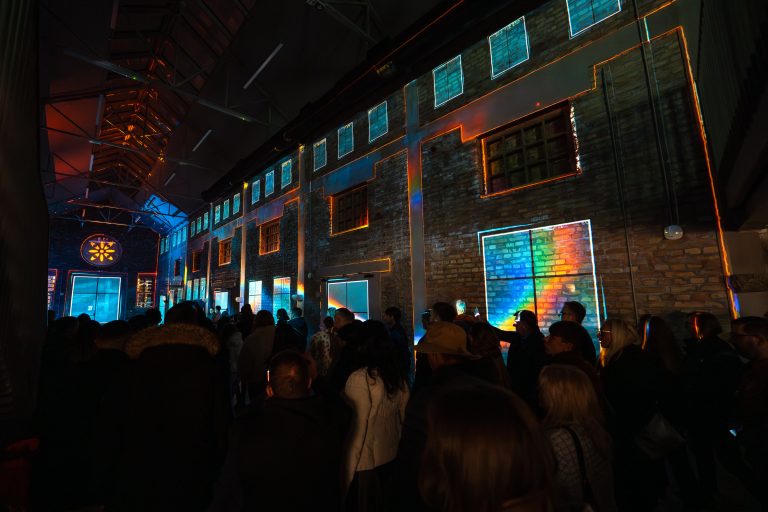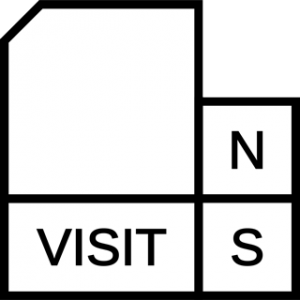During the seventh Kaleidoscope of Culture and the upcoming Literature Week, special attention will be given to the centenary of one of Novi Sad’s most significant writers, Aleksandar Tišma. Literature Week will take place on 13 and 14 September in the District, where, as part of the rich programme, an interactive exhibition titled ‘The Use of Man’ will be opened. The exhibition, designed by Mina Aleksić and Ljiljana Kuzmanović, offers a unique artistic space for reflecting on universal topics of war, morality, and human choices. After the opening, you will be able to see the exhibition on weekdays from Wednesday to Sunday, from 10 a.m. to 2 p.m. and from 4 p.m. to 8 p.m.
The Space as a Witness to War
The interactive exhibition is based on Tišma’s novel The Use of Man, and it guides visitors through three thematic segments that symbolically depict the universal experience of war – from the pre-war, relatively peaceful period, through the atmosphere of camps and destruction, to the post-war era. The divided space allows the curators to explore how war transforms individuals and society. What sets this exhibition apart is the active participation of the audience. Visitors are not just passive observers but are invited to leave their mark and become co-authors of the exhibition.
’Our starting point was the reviewing the possibility of choice in circumstances where moral values are disrupted,’ the authors explained, adding that they aimed to show the relevance of Tišma’s work even in today’s world. ‘By involving the audience directly, we wished to stimulate reflection on these topics and suggest that the boundary between ‘before’ and ‘after’ the war might not exist.’
Emotions That Linger
Rather than traditional exhibits, the display relies on space and interactive elements designed to provoke emotions and thoughts. Vera’s room, which serves as the setting for the ‘before’ and ‘after’ war, questions whether the idea of a chronological division is an illusion, encouraging visitors to rethink their perspectives on war and its consequences.
’One of the biggest challenges was creating an experience that would resonate with both those familiar with Tišma’s work and those encountering it for the first time,’ explained Mina Aleksić. ‘We had to find a balance between our interpretation of the novel and presenting the work itself through different elements. Additionally, we wished to inspire visitors to think critically and give them the opportunity to participate in creating the exhibition.’
The authors emphasize that their goal was not to provoke specific emotions or reactions but to leave room for free interpretation. ‘We hope visitors will feel free to share their views and emotions, as we’ve created a space that makes it possible,’ said Ljiljana Kuzmanović. ‘We believe that no one will leave the exhibition indifferent.’
The exhibition, part of the Tišma Pavilion, underscores the timeless relevance of Tišma, whose works on war, existence, and ethical dilemmas continue to evoke strong reactions. All interested visitors are invited to experience this interactive exhibition during Literature Week and become part of this unique artistic journey.
Admission to all Kaleidoscope of Culture programmes is free.
Partners of the Kaleidoscope of Culture are Erste bank and Neoplanta.
You can find more information about this year’s Kaleidoscope of Culture at kaleidoscopeofculture.com







